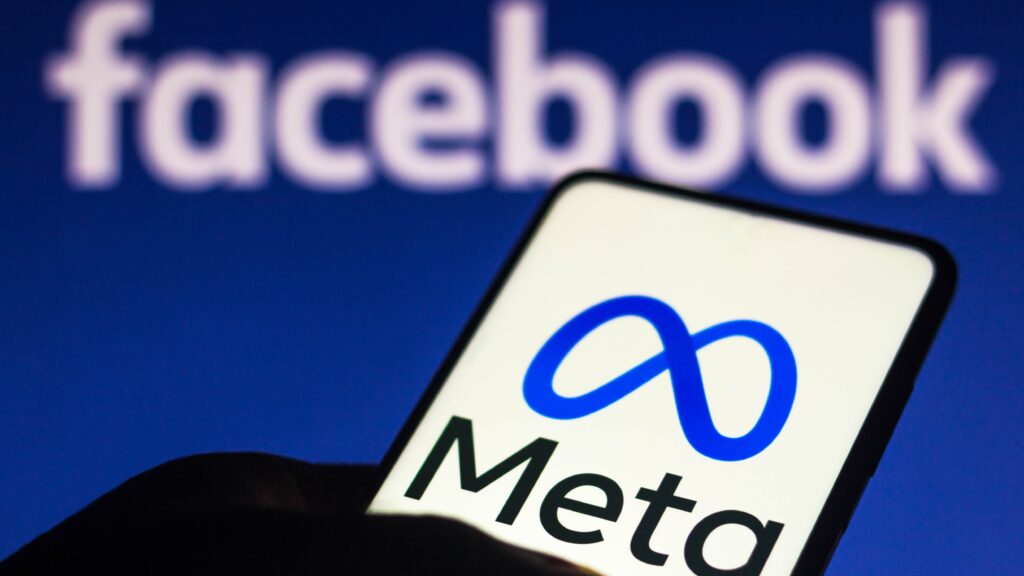Meta denied the ACCC’s claim that over half of Facebook crypto ads are scams, arguing the data is outdated and based on a limited 2018 dataset.

Meta, the parent company of Facebook, has refuted allegations that more than half of the cryptocurrency advertisements on the platform are fraudulent. Meta maintains that the data is obsolete and that it has since implemented measures to resolve the matter.
ACCC’s Claim that Over Half of Facebook Crypto Ads are Scams
The Australian Competition and Consumer Commission (ACCC) recently contended in a recent filing to federal court that 58% of the crypto ads it reviewed on Facebook are frauds as part of its 2022 lawsuit.
A Meta spokesperson stated that the data in the ACCC’s statement of claim is based on outdated information from 2018 and is from a “limited data set.”
The spokesperson also stated that other contact methods are still the primary method by which individuals are duped.
The spokesperson contended that the ACCC “data is an inaccurate representation of our platform today.”
“The preliminary analysis in question is an allegation in the ACCC’s claim and pertains to a historic internal study conducted in 2018 on a limited number of advertisements.” The spokesperson stated that Meta is defending the ACCC’s claim and will respond to the allegation in a timely manner.
“Scammers employ every platform at their disposal and are perpetually evolving in order to circumvent enforcement.” Meta is committed to the prevention of frauds on its platforms and will continue to exert significant effort to safeguard our users.
The ACCC asserts that it identified 600 ads during its investigation. Meta has been aware of the use of misleading promotional practices in many of the crypto ads on Facebook since “at least January 2018.”
It was also claimed that Meta does indeed remove individual ads and prohibit associated accounts in response to complaints; however, it continues to generate revenue from comparable advertisements.
Meta, on the other hand, contends that it has been taking additional measures to reduce the prevalence of fraudulent advertisements.
Meta has implemented manual reviews, automated technology, elected into the Australian Online Scams Code (AOSC), and updated guidelines to guarantee that advertisers submit legitimate content.
Meta’s spokesperson stated, “We employ and are currently investigating a diverse array of techniques, including novel machine learning methods, to identify accounts and content that contravene our policy.”

According to Meta, in the first quarter of 2024, it eliminated 631 million fake accounts and 436 million pieces of spam content from Facebook.
The company claims that 99.4% of fake accounts and 98.2% of spam content were removed before users reported them.
Several celebrities have initiated legal proceedings against Meta in response to their allegations that the company has failed to take action against cryptocurrency and associated scams that exploit their image.
Andrew Forrest, a billionaire Australian mining tycoon, filed a civil suit against Meta in the Northern District Court of California in June 2022. He alleged that “Facebook’s self-help advertising interface materially helped scammers develop” an advertisement.
In April, meta was reported to the police by Divya Das and Kim Bildsøe Lassen, the hosts of renowned Danish television shows, who discovered that their images had been used in thousands of Facebook ads without their knowledge.
After falling for online investment advertisements that used celebrity images to entice people, four more scam victims in Japan started legal proceedings in April.
